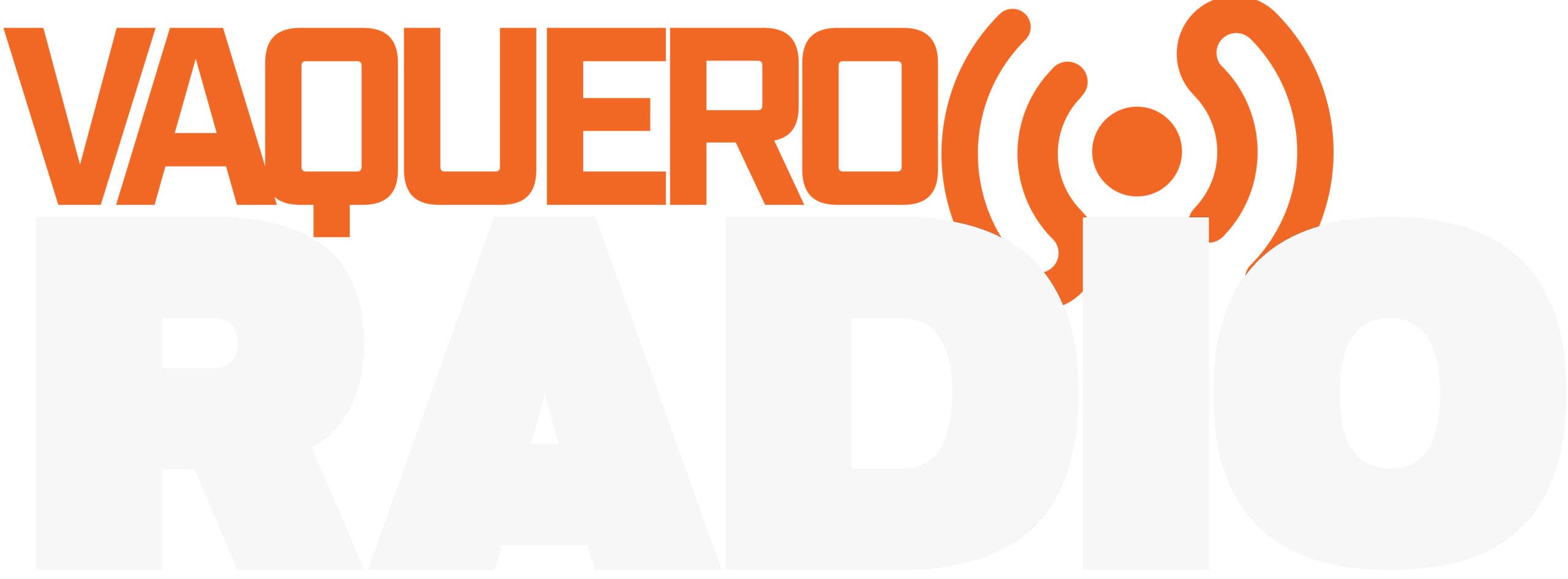
By Edgar Garcia

Picture Provided by Tamer Oraby, taken by Jesus Alferez
UTRGV Researchers Teresa Feria-Arroyo and Tamer Oraby have recently received a reward for $197,000 from the Welcome Trust in the UK, for their work on “FloDisMod, A Framework for Flood and Disease Modeling”. The project is used to track diseases transferred by insects across the valley.
The Wellcome Trust has been looking to fund projects that work to prepare for infectious disease within climate sensitive areas and the improvement of disease modeling. The projects cover a variety of fields from modeling tools, climate informed mosquito borne detection, Foundation tools and Early warning systems for other methods of disease transmission, which FloDisMod is apart of.
The Wellcome Trust describes the project as such:
“Led by researchers at the University of Texas, USA, this open-source software will model floods and storm surges – particularly those occurring in the Southern Texas border region – to better understand their impact on mosquito habitat, disease reporting, social vulnerability and health risks. The team will develop an early warning system for the Texas-Mexico border region, but it will be extended to soil-borne diseases as well as other geographies.”
UTRGV Professor of Biology Teresa Feria-Arroyo, spoke on the goal of the project and how important the community is to them as the project is made to safeguard people.
“What we want to do is create elaborate risk maps that can inform people of using flooding, also as variable, flooding, temperature. We want to predict floodings and we want to predict a potential outbreaks of diseases carried by mosquitoes, kissing bugs and ticks,” Feria said .
She spoke at length about how this is for the community, and how important community engagement is to this process. The project is made to keep people healthy and free of disease transferred via soil, water and right now vectors i.e insects. They hope to make the maps as accessible as possible in order to do this.
The money given to them by the Wellcome Trust is to do community engagement, whether it be by traditional means and promotion or by scholarships for students within the community. UTRGV Professor of Statistics Tomar Oraby spoke about the outreach and what they can do with the new found funding.
“This fund, like Dr. Feria said, we will use for outreach, raising awareness, community engagement and training next generation researchers, usually they are graduate students, who are converging in these fields, ecology, disease modeling, data science, machine learning or deep learning and hopefully one day artificial intelligence,” Oraby said.
He also spoke about how climate change will affect the mapping process and could see the emergence of other diseases. The pair hope to reach out to multidisciplinary students such as artists and musicians to spread the word.
For more information on disease prevention from Vector, check out the World Health Organization’s Page on Vector Diseases.



